Air Tightness in Houses - All about Balancing Air Pressure in the Home
We go on incessantly here about the importance of air barriers in home construction to reduce air leakage, but no matter how hard you worked to make a house airtight, if the pressure isn't balanced you will be sucking air in or forcing it out and, despite your efforts, making the inside environment all the more like the outdoor environment. And the ultimate goal is actually to achieve the opposite, to keep the interior and exterior environments separated as best as possible so we keep the inside temperature, humidity, air quality and energy consumption within ideal parameters.
Positive and negative air pressure:
Neither positive nor negative air pressure in a home is good, as either puts pressure on the building envelope that promotes air leakage and they will each have different effects and impacts depending on the season, the temperatures and the humidity levels. Pressure differences in warm months are really only a cost and durability concern if in a climate zone that relies on air conditioning for summer comfort - but then central air should never be a first resort for reducing interior temperatures as excessive heat in a home denotes poor building design and performance.
Negative air pressure in a home in summer will draw warm air in and increase either your cooling costs or your discomfort. There is also a minor durability concern that warm, humid outside air may cause condensation when it arrives at a cool surface on the interior of your wall assembly, like your vapour barrier. The greater the differential in temperature between inside and out, the greater the concern.
Negative air pressure in houses in winter will draw in cold air, making your house feel drafty and increase your heating costs. The issue isn't about durability but rather comfort and cost due to heat and energy loss.
Positive air pressure in a home in summer will force cool air out and have those same impacts on your comfort or your cooling cost.
Positive air pressure in houses in winter is the biggest problem. The difference between indoor and outdoor temperature is so extreme in winter that positive pressure will force warm, humid air from inside your house out through the tiniest of openings in your walls where it can condense and deposit moisture causing mold and wood rot deep in the structure.
The causes of air pressure differences:
The ones you can't control are wind pressure and the stack effect, also known as 'chimney effect'.
Wind creates either positive or negative air pressure on a particular side of a building, forcing air in on some sides and forcing it out on others. Aside from being blocked by other buildings or planting a stand of evergreen trees, the only thing you can do to stop wind pressure is to work overtime when you are sealing up your house to prevent air leaks in the first place.
The stack (or chimney) effect is the same uphill battle, and unlike wind issues it is happening 24/7. As warm air rises it creates more pressure on upper levels and pushes air out; to compensate, air will be drawn in on lower levels. The laws of physics are pretty ironclad and have yet to be defeated, but there are some fronts where you can actually make a difference.
Duct leakage:
Air leaking out (or into) either the intake or exhaust ducts from your HRV or ERV will affect the balance of air pressure and will likely produce a negative or positive indoor environment. The same costs and durability concerns mentioned above are at play here as well, but this is a case where it is avoidable. Ducts need to be well-sealed, so having them pressure-tested and the leakage measured will tell you if you succeeded.
Combustion appliances:
Anything that is burning fuel in your home such as gas stoves and fireplaces (that aren't vented directly to the outside) will remove oxygen and require makeup air. Houses that are fairly air tight and that have negative air pressure may cause flue gases to backdraft into your house, which can be of major concern.
Poorly balanced HRVs:
Heat recovery ventilators (HRV's) need to be professionally balanced in order to keep an even air pressure. Odds are if you haven't had it balanced it is most certainly providing too much or too little air compared to the amount being exhausted.
Bathroom fans:
If they are designed to run off a humidistat (a switch activated by relative humidity) or a timer, you can ensure they aren't running unnecessarily by simply being left on and forgotten. Having bathroom fans wired on the same circuit as a light (meaning they go on and off at the same time) is almost pointless, not to mention pretty irritating most of the time - choose fans for the home wisely.
Stove hoods:
Run them at as low a speed as you can where they still do the job properly. Performance rating systems like LEED require fans to have maximum CFM (cubic feet per minute) as part of the home efficiency score. And put lids on pots! Your water will boil faster and emit less water vapour, reducing condensation.
Central vacuums:
Efficient central vacuum systems with hepa filtration certainly have their benefits in terms of convenience, reduced noise, and not ejecting airborne particles into homes. However, normal plug-in vacuums don't create a depressurization and most will have optional filters of higher quality. That would be the MERV rating of a filter (Maximum Efficiency Reporting Value), which determines the amount of particulate they collect and the quality of air they expel. As a bench mark, the LEED rating system lists MERV 11 as a 'good' quality , MERV 13 as 'excellent'. The higher the number the better.
You always want an airtight house in winter, but everything written here goes out the window (literally) if you forgo A/C and employ natural ventilation in summer. With some design foresight, habit alterations and some window action, you can keep a house pretty comfortable in summer on all but the most brutally hot and humid days.
Some last thoughts on living habits that may help with balancing air pressure:
- Unless you live in an old and incredibly leaky home where you welcome the humidity to prevent nose bleeds, don't hang clothes to dry inside your house, and put lids on pots when you're cooking.
- Use a dehumidifier to keep your basement below 50% RH.
- Don't go crazy with the A/C in summer to the point where you need sweaters and hats. The greater the temperature differential the greater the risk of summer condensation.
So that's all about air tightness in houses & why balancing air pressure is important for comfort and durability in homes.Find other guides for air tightness and air balancing in houses & buildings here such as :
And to see more guide page in the EcoHome Green Building Guides for Sustainable Buildings |




















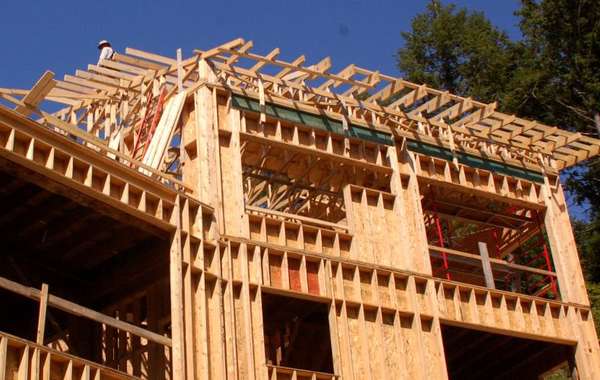
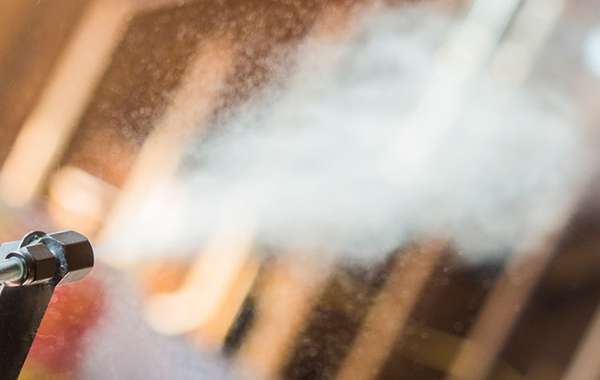
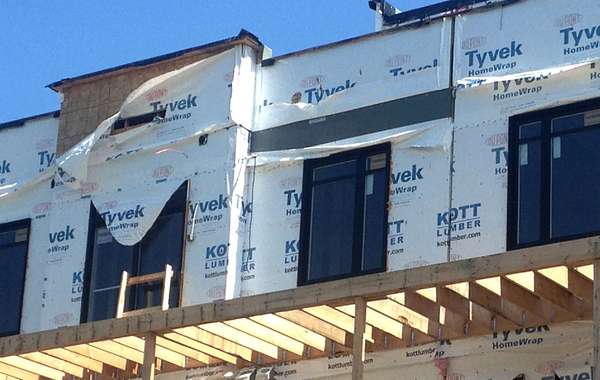
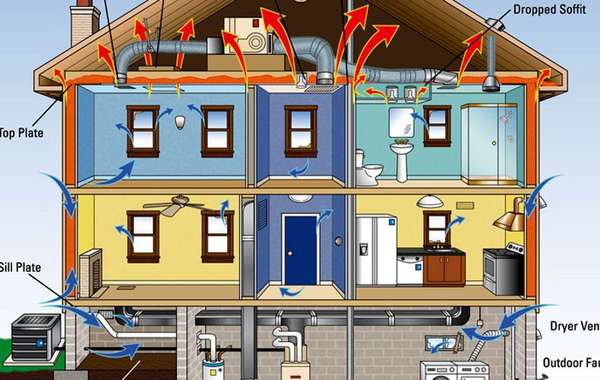
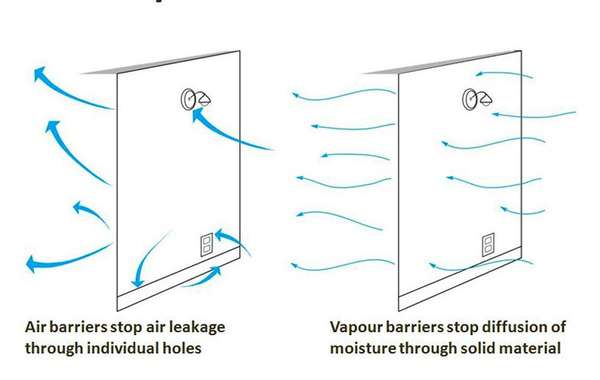
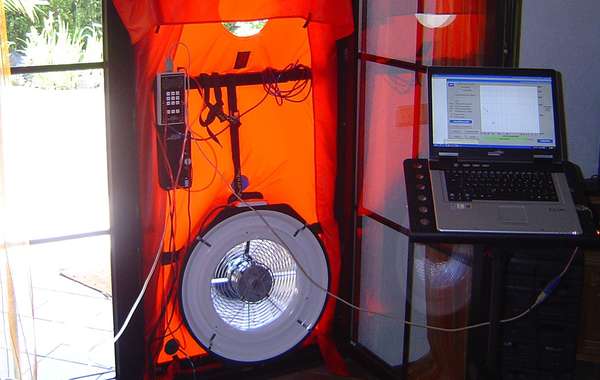

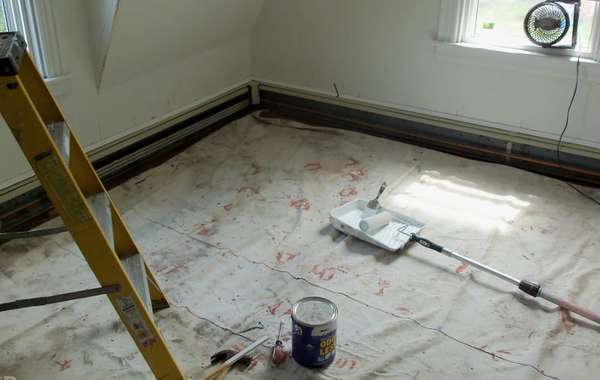
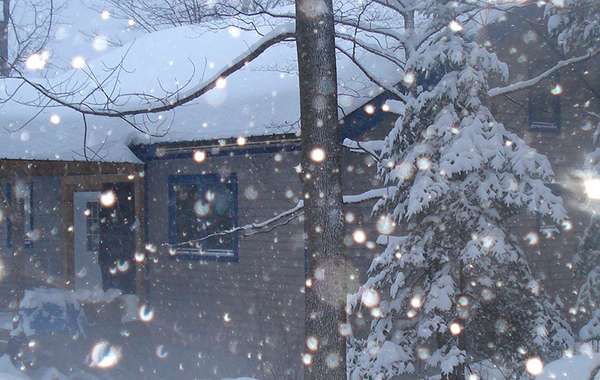
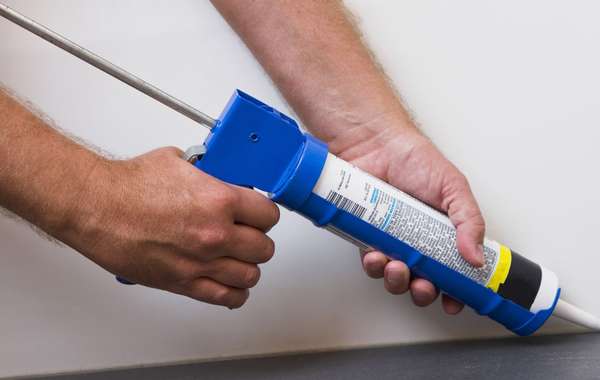
Can a negative pressured house cause frozen doors and locks? Locks were changed several times as well as weather stripping and is still having issues every winter.